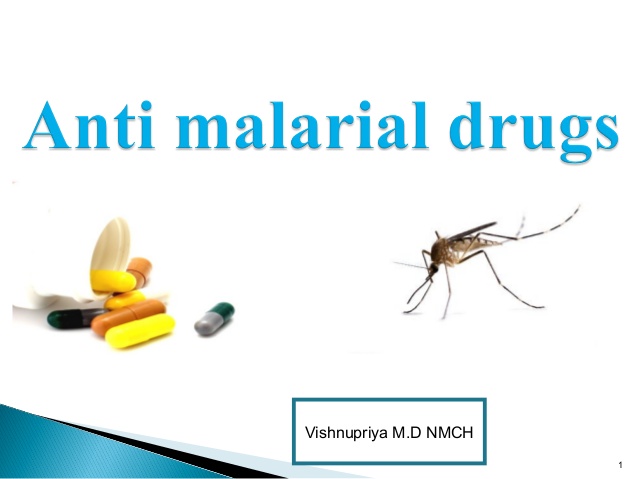Nigeria Has Highest Burden Of Children Born With HIV/AIDS – NACA DG
The Director General of the National Agency for the Control, Dr Temitope Ilori has said Nigeria has the highest burden of children born with HIV/AIDS in the world.
Dr Ilori who said this on Monday during her working visit/field trip to the Oyo State Ministry of Health, the Oyo State Agency for the Control of AIDS, and the University College Hospital in Ibadan, Oyo State, however, noted that the agency is working towards ending the AIDS epidemic by 2030.
“In the area of prevention of Mother-to-child Transmission of HIV, it’s unfortunate that Nigeria still has the highest burden of children born with HIV/AIDS, and therefore, this is a key priority area where we want to work assiduously to ensure that our mothers, our women, are educated and informed that they should visit health centres.
“When they’re pregnant, they should book in health centres where they have trained personnel to take the delivery because most of the transmission takes place perinatally.
“So, we are going to increase our advocacy, increase our sensitisation, increase our awareness on this to ensure that women seek help, book in the centres, and they have skilled birth attendants, and they have access to medication, because if they have access to medications, they will have a low viral load, or they will be virally suppressed, and will eliminate transmission to their unborn children.
“I’m happy that you are already engaging the traditional birth attendants at the state level because they play a major role. So, we’re going to reach out not only to the health workers, but even also to our mission homes, our religious leaders, our traditional leaders, and the birth attendants.”
Dr Ilori urged Nigerians to work towards We call on everybody to come on board to stem the tide of HIV and meet the target of ending AIDS as a public health threat by 2030.
She hailed the Oyo government for contributing to the national response to HIV/AIDS in the country and domesticating the 95-95-95 targets.
The Joint United Nations Programme on HIV/AIDS established the 95-95-95 targets calling for 95 per cent of all people living with HIV to know their HIV status, 95 per cent of all people with diagnosed HIV infection to receive sustained antiretroviral therapy, and 95 per cent of all people receiving antiretroviral therapy to have viral suppression by 2030.
“We do know that there’s lots of discrimination on gender, gender issues in the area of HIV/AIDS, people accessing health, how it is for the female, and even the vulnerable, people in custodial centres, inmates and other key population – sex workers, people using drugs, and men having sex with men.
“These are people that we need to reach out to in the national response because figures and studies have shown us that the prevalence of HIV/AIDS is higher within this key population. And if we do not tackle them, then we obviously will not be addressing the national response very squarely,” she added.
The NACA boss harped on a sustainable agenda aimed at ensuring the country’s ownership of efforts in the event of donor fatigue or withdrawal while revealing collaborative strategies with government at sub-national levels.
In her remarks, the State Health Commissioner, Dr Oluwaserimi Ajetumobi assured that the state government will keep working on its sustainability plan through community awareness campaigns, and the engagement of religious leaders, and others.
On his part, the Chief Medical Director of the UCH, Prof Jesse Otegbayo, urged the government to make HIV test strips available in the country so that people can carry out rapid self-tests.
Prof Otegbayo said, “We should be able to test ourselves with a strip just like we test our blood glucose level because quite a number of people may not want to come out because of the stigma associated with the disease.
“If this will come to the fore, it will be good because I am not aware it is available. If it is possible in other countries, I believe it is possible in Nigeria.
“I know the government currently is funding drugs, and I am not sure the government can continue, but there should be a way that the cost of treatment will be brought down.”
The 2023 statistics from NACA showed that 1.8 million persons are estimated to be living with HIV in Nigeria, out of which about 1.63 million are already on the lifesaving medication of Antiretroviral Therapy.
The data also indicated that the national average of the MTCT rate of 22 per cent is driven by a large number of states with transmission rates above 25 per cent and a few states with rates below 15 per cent.
It added that Nigeria is responsible for about 30 per cent of the world’s gap in achieving the global target of eradicating MTCT transmission of HIV.




